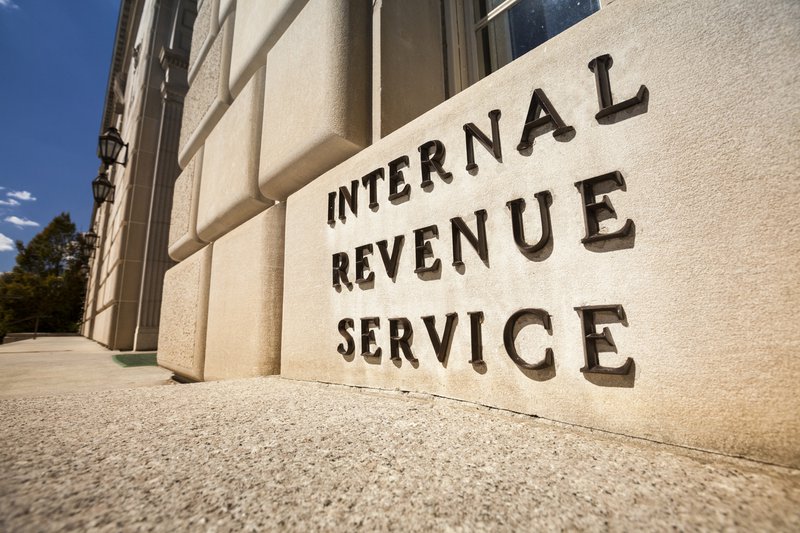
Tanza Loudenback
Jan. 30, 2020
Taxes are due on April 15.
If you can't get everything together in time for the deadline, you can file for a tax extension with the IRS, which pushes the due date back six months, to October 15.
President Donald Trump filed an extension to submit his 2017 tax return, as is common among high earners and taxpayers with complicated financial situations. Mitt Romney filed for an extension in 2012 for his 2011 tax return while running for president as a Republican.
A tax extension can give you more time to get organized, but it doesn't mean you're off the hook for any unpaid federal income taxes you owe.

How to get a tax extension
There are a few easy ways to get a tax extension:
- File for an extension online for free, regardless of your income, with the IRS' free filing partners, including H&R Block, TurboTax, and TaxAct.
- Use IRS Form 4868 to send in your extension request by mail.
- Make a payment on the IRS website that covers all or part of your estimated tax bill — it will automatically process an extension for your tax return.
Taxpayers who don't file a tax return or a tax extension by the April deadline will be charged a penalty of up to 5% of the outstanding tax bill for every month the return is late.
Is there a penalty for filing an extension?
There's no penalty for filing a tax extension, but there may be penalties for late payments on any money owed to the IRS.
If you expect to have a tax bill, you're responsible for estimating the amount and paying it in full by April 15. A tax bill is the result of underpaying taxes throughout the year; either your employer didn't withhold enough money from your paycheck to cover your taxes, or if you're self-employed, you didn't pay enough estimated quarterly taxes.
If you don't pay your tax bill in full by tax day — whether you file an extension or not — you'll pay a penalty, typically 0.5% to 1% of any unpaid tax owed at the deadline, charged each month the tax remains unpaid (the total possible penalty is 25% of the amount owed). On top of that, the tax bill is also subject to federal interest rates.
Generally, however, the penalty is waived for taxpayers who owe less than $1,000 or paid the lesser of 90% of their tax liability for 2019 or 100% of the tax shown on the return for the prior year.
Subscribe to Business Insider's Financial Insights Newsletter
This Business Insider article was legally licensed by AdvisorStream


